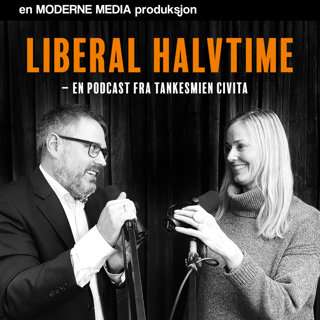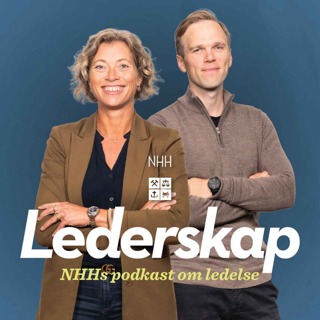
70: Managing your Case Interview Image
Image management is crucial. A significant part of our approach is around teaching clients to manage, control really, the image they portray. This involves a wide area like dressing, networking, email...
5 Mai 201220min

69: Important Case Guidance
In our ongoing series of podcasts, we again introduce new advice about case interviews or sometimes view an old topic in a different manner. The objective of these podcasts is to explain concepts like...
29 Apr 201211min

68: Analyst to Partner
In this podcast I examine my rapid progression up the ranks of the elite firms all the way from analyst to principal and then director. I offer anecdotes or my own experience and especially the mistak...
23 Apr 20121h 9min

67: What is business judgement
You cannot and will not improve your case skills from practicing case alone. "Case skills" refers to a variety of skills including body language, communication and especially business judgement. Busin...
17 Apr 201210min

66: Follow an R&D Strategy Study
An earlier podcast discussed a fairly labor-intensive case where we needed to literally roll-up our sleeves to find and extract data, and a corporate finance study. This engagement is somewhere in-bet...
11 Apr 201234min

65: Discuss your analytic skills, sample answer
In this series of podcasts we look at each of the typical McKinsey/BCG FIT/PEI questions and provide a typical answer. Note, that while replicating this approach and standard will help you, we caution...
5 Apr 20129min

64: Talk about a leadership example, sample answer
In this series of podcasts we look at each of the typical McKinsey/BCG FIT/PEI questions and provide a typical answer. Note, that while replicating this approach and standard will help you, we caution...
30 Mar 201221min

63: Talk me through your resume, sample answer
In this series of podcasts we look at each of the typical McKinsey/BCG FIT/PEI questions and provide a typical answer. Note, that while replicating this approach and standard will help you, we caution...
24 Mar 201214min





















